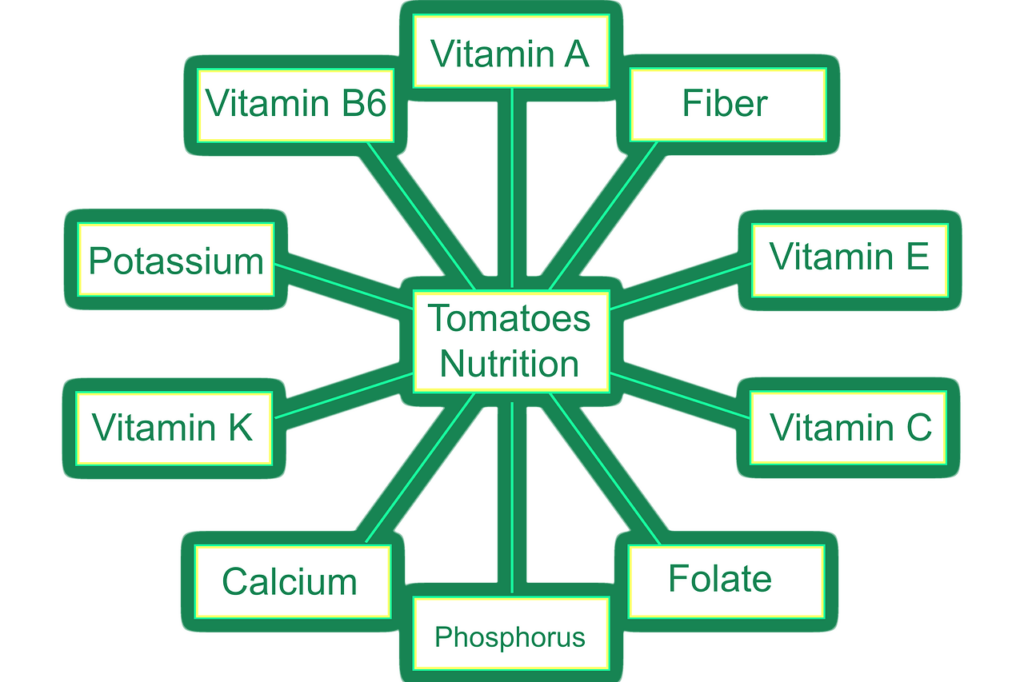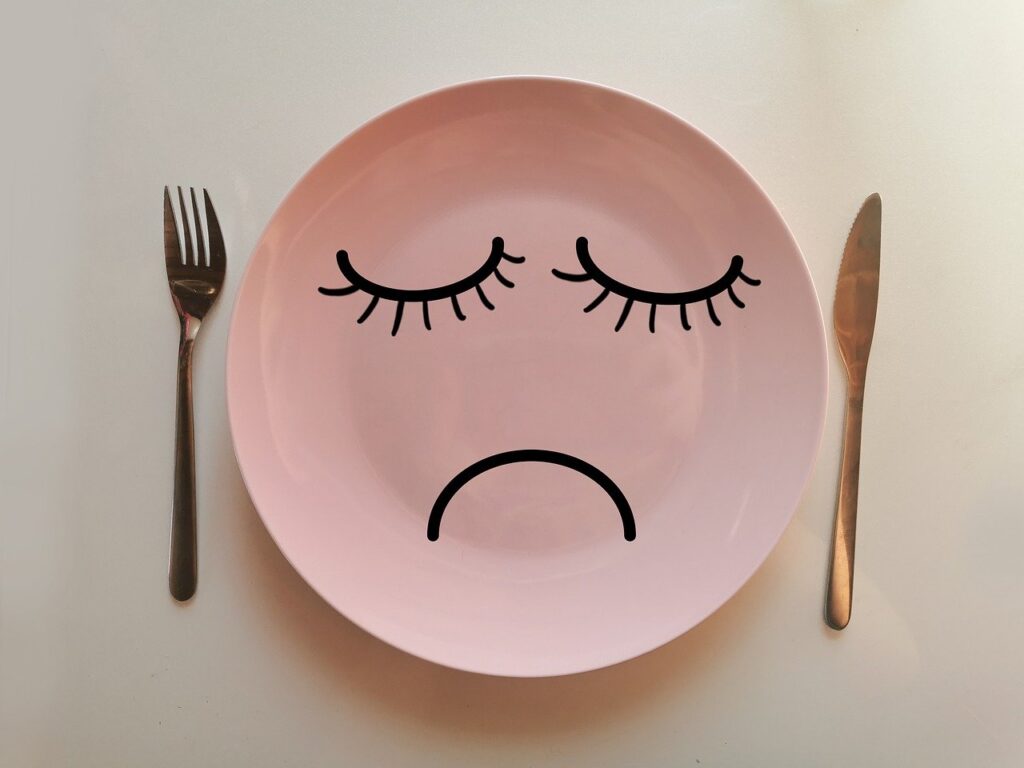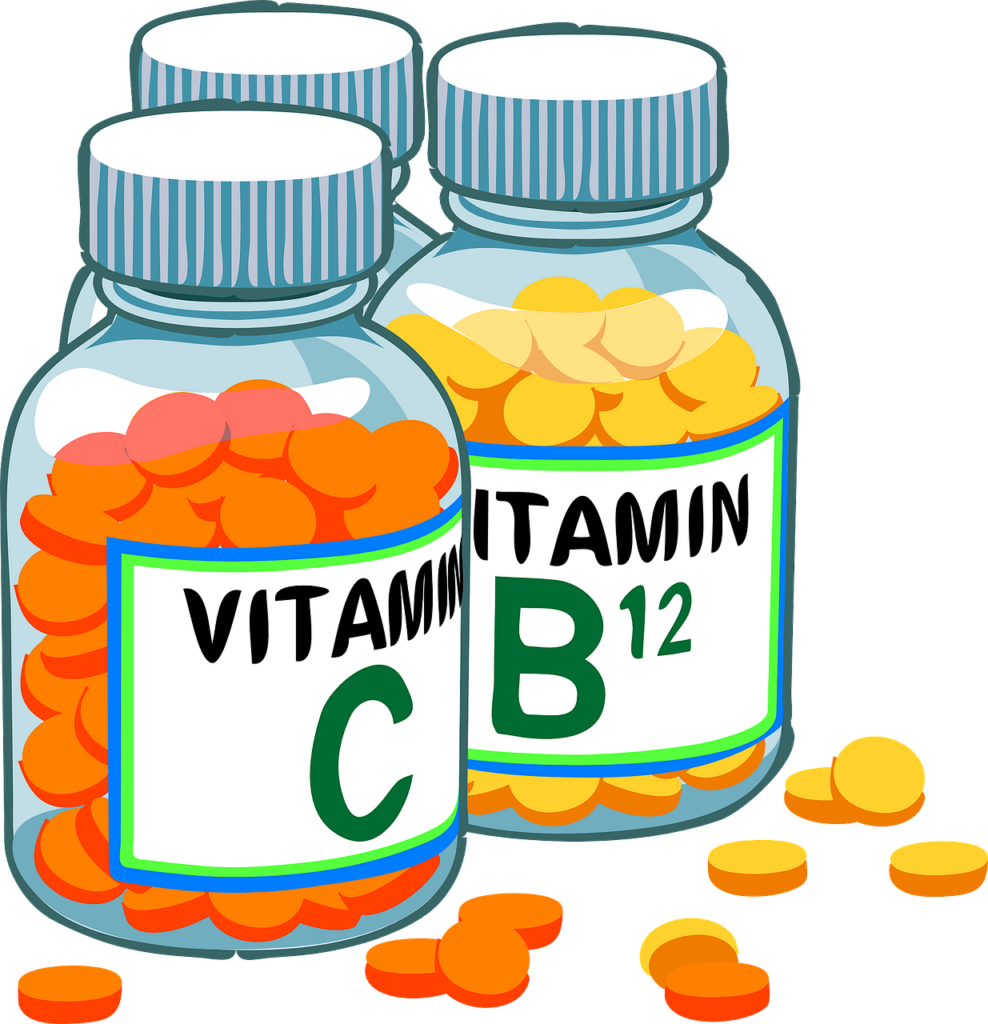Diet Problems as We Age
Dietary Deficiency in Older Adults. As we age, lean body mass and metabolic rate decrease. In turn, the body no longer effectively absorbs certain minerals and vitamins. As older adults can have smaller appetites and a lower caloric requirement, they may need more nutrients than before.
Consequently, their lifestyle habits also differ, which can affect what foods are consumed. As a result of less physical activity and caloric intake, fewer essential vitamins and minerals get absorbed. Also, leads to the development of certain dietary deficiencies. As time goes on, the risk of developing osteoporosis, heart disease, and other chronic diseases increases.
How Dietary Deficiencies Occur in Older Adults
Dietary Deficiency in Older Adults. Additional factors that can alter the amount of nutrients the elderly receive:
- Forgetfulness and growing cognitive impairments.
- A reduced or fixed income limits how much can be spent on food.
- Medication side effects may alter how well the body absorbs certain nutrients.
- Medication interactions with certain vitamins and minerals.
- Gastrointestinal issues, whether from a GI tract infection or surgical procedure.
- Smoking tobacco and over-consumption of alcohol.
- Hormonal and neurotransmitter changes affect how hunger and fullness are experienced.
Common Nutritional Deficiencies
Dietary Deficiency in Older Adults. Older adults are more likely than younger people to experience the following deficiencies:
- Calcium: This mineral contributes to bone density and strength. Calcium deficiency may impact mobility and exacerbate fall-related injuries.
- Vitamin D: Works in conjunction with calcium to improve bone density.
- Magnesium: Influences certain body processes, including blood pressure regulation.
- Vitamin C: Contains antioxidants, and affects wound healing and protein absorption.
- Vitamin B6: Helps with protein absorption and can influence cognitive functioning.
- Vitamin E: Also known for its antioxidants, Vitamin E is key for the immune system.
- Vitamin B12: Essential for creating new blood cells and nervous system functionality.
- Folate: Also called Vitamin B9, folate assists in the production of red and white blood cells. A deficiency may contribute to the diagnosis of anemia in older adults.
- Potassium: Contributes to stronger and healthier bones, helps to reduce blood pressure, and lessens the risk of kidney stones.
- Fiber: Affects how well food moves through the digestive system and helps reduce the risk of heart disease.
- Omega 3: Has been known to reduce the progression of rheumatoid arthritis, Alzheimer’s disease, and macular degeneration and may improve cognitive health.
Effects of Dietary Deficiency on Older Adults
Dietary Deficiency in Older Adults. As a result, vitamin and nutritional deficiencies can take months or years to develop. Hence, the same goes for any subsequent conditions, which may go back to childhood but manifest in one’s older years. Therefore, common nutrition-related conditions include:
- Anemia: Hospitalized seniors are often diagnosed with this deficiency, which can occur together with inflammation, chronic diseases, and protein absorption issues.
- Cognitive Impairment: A Vitamin B12 deficiency manifests as cognitive impairment, often in concurrence with gastrointestinal issues related to absorption and infection, anemia, and folic acid deficiency. Older adults may display signs of memory loss, confusion, delayed processing, and depression.
- Vitamin D Deficiency: Seniors with lower levels of Vitamin D in their blood, often due to decreased sunlight exposure. And tend to have lower bone density. So then, this condition can lead to more frequent fractures and puts seniors at risk for osteomalacia or osteoporosis.
However, to address these issues, doctors often recommend less saturated fats and sodium in favor of more fruits, vegetables, whole grains, and sources of fiber. Here, patients may also be steered toward certain vitamins and supplements to target particular nutrients if a deficiency is found.
A Balanced Diet is important
The reality is that aging can come with changes to your health and your life that make eating a healthy diet harder to do. But older adults are particularly prone to shifts in weight. Also, keeping up a healthy diet that takes into consideration your changing nutritional needs and the challenges you face is important to ageing in a healthy way.
Medical conditions and medication can make it hard to get proper nutrition as you age. Here, they can affect your ability to exercise to maintain your muscle strength and your appetite. And if you have any mobility issues or can no longer drive, shopping for nutritious foods can be a big obstacle.
Donate
Pensioner Fitness Awards
THE BUSINESS CONCEPT, BEST IN BUSINESS AWARDS 2023
MOST INSPIRING SENIOR WELLNESS WEBSITE 2023
THE GLOBAL HEALTH AND PHARMA, FITNESS AND NUTRITION AWARDS 2023
BEST SENIOR FITNESS AND NUTRITION SPECIALIST 2023
In Conclusion
There is no substitute for a well-balanced diet, but as we age we may not always get the healthiest food, age can affect nutrient absorption which can leave us deficient in some essential nutrients and vitamins. But we should not start buying and taking vitamins and nutrients without a doctor’s advice on what we might need.
Important Note *
Remember that everyone is different, it is ultimately YOUR RESPONSIBILITY to find what your body responds to. So please do your due diligence before trying anything new, including getting Medical Advice to ensure your safety and peace of mind.
Connect with me and leave a comment or two on my






4 replies on “Dietary Deficiency in Older Adults”
Though it is not a nutritional problem (perhaps related] dehydration is common among seniors. Thanks for the educative post. Senior Sri Lanka.
Hi hemachandra manamperi, Thank you for your kind words, I appreciate your comment, kind regards, Ian
As a senior, this article is most helpful.
Thank you, Pensioner Fitness. I’m so blessed to be a recipient of your articles. Please continue to stay strong and be blessed.
Hi Latchmenarine, I am happy you like the post and found it most helpful, thank you for your comment, kind regards, Ian